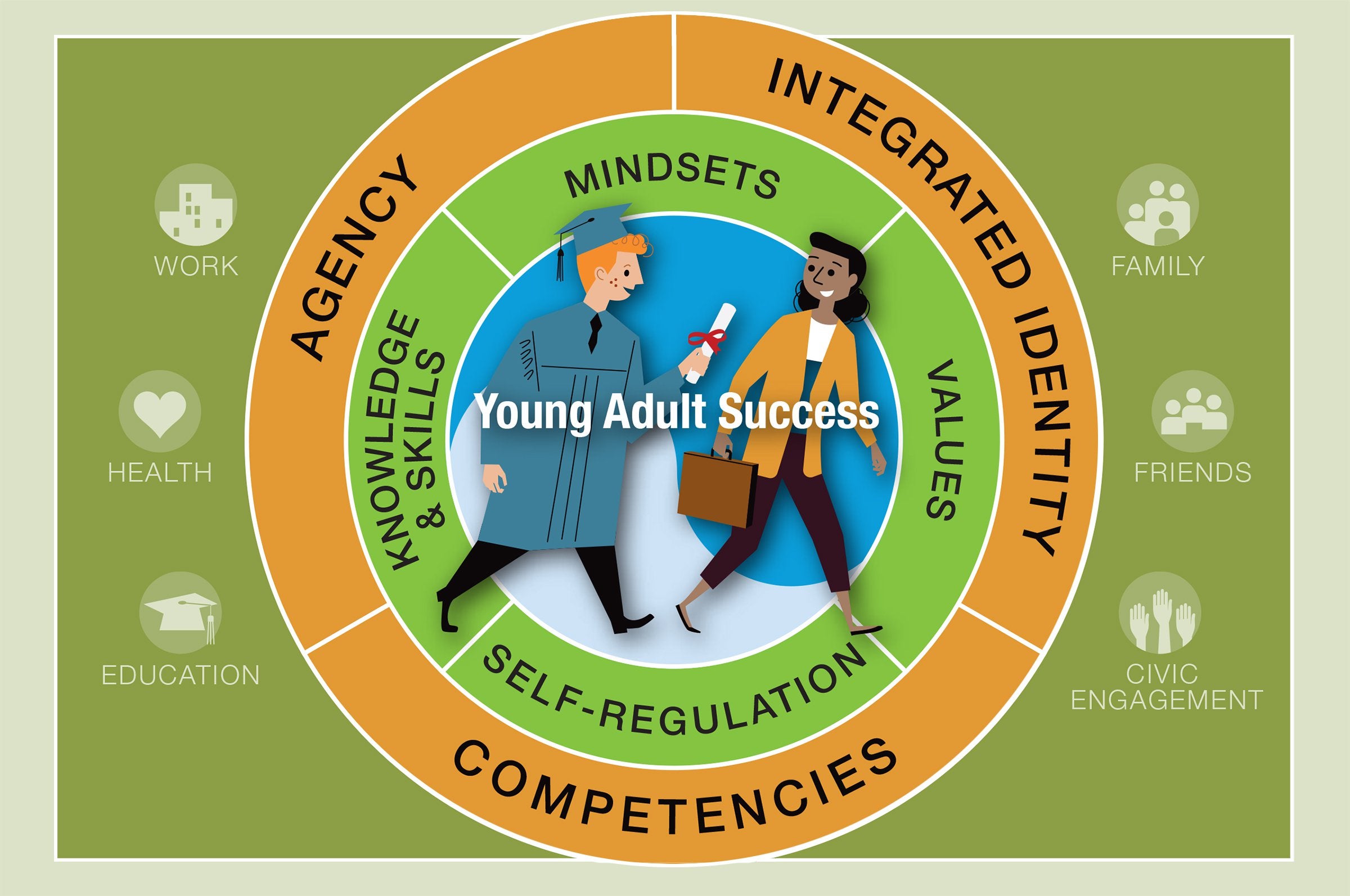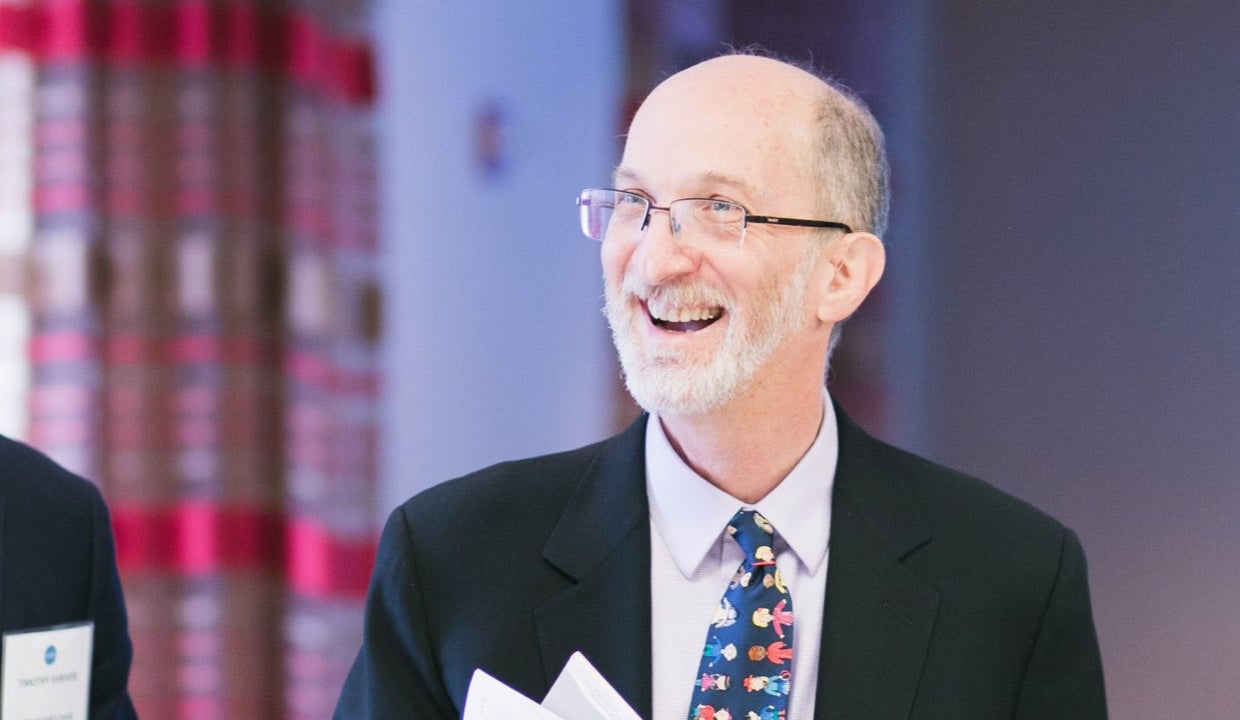When I opened my email after the long Labor Day weekend, I was anticipating a full Inbox. But what I didn’t expect was learning the sad news of Roger Weissberg’s passing following a three-year battle with cancer.
When I came to The Wallace Foundation four years ago, my colleagues were deep in the trenches of planning Wallace’s then-new Partnerships for Social and Emotional Learning Initiative (PSELI). Starting out, we knew that it would be a complex undertaking, asking school districts and OST intermediaries to thoughtfully and consistently partner on building social-emotional skills “from 7 am to 7 pm.”
We also knew that we needed to have the Collaborative for Academic, Social, and Emotional Learning (CASEL) at the table with us as one of our thought partners. As CASEL’s chief knowledge officer and board vice chair, Roger’s expertise was irreplaceable and his enthusiasm was infectious. But just as important was his desire to be a partner in this work, to listen and continue to evolve the ideas that he had been thinking about for decades. He was kind and incredibly generous—all in the name of making children’s lives better.
As Claudia DeMegret, one of our program officers put it: “Roger was tireless. I distinctly recall some of the stories that inspired his work. He told us that SEL was about inserting youth development into the school day. He spoke about the countless teachers who inspired and influenced their thinking on this journey, particularly after a relentless focus on narrow test scores. He embodied joy, purpose and passion. He sustained relationships and deep connections with friends for decades.”
Roger’s research helped ground the new field of social and emotional learning as it was emerging. A 2011 review of 213 school-based SEL interventions he co-authored found that when out-of-school-time participants connect with supportive staff and take part in well-designed activities, they benefit in personal development and academically. The paper identified four key practices known as SAFE: Sequenced programming; Active learning; Focused at least in part on developing personal and social skills; and Explicitly targeting those skills, so participants and staff know what they are trying to learn. This work, along with a study we commissioned on Foundations for Young Adult Success, helped shape our new PSELI initiative and the lessons that are now emerging.

Today, the COVID-19 pandemic and our national reckoning with racial justice have put SEL in the spotlight, as an important part of reopening and recovery. In an essay he co-authored for a special 2017 issue of the journal The Future of Children, Roger pointed to what is perhaps the ultimate reason to care about making social and emotional learning part of the landscape of opportunity for our young people: The health of our democracy. As the article noted: “To become the kind of citizens the founders wanted public education to create, children need skills that will help them develop personal plans and goals, learn to cooperate with others, and deal with everyday challenges, setbacks and disappointments.”
Roger was at the forefront of social and emotional learning, something that many of us take for granted because it’s so infused in our day to day work. All of us—at both Wallace and in the field as a whole—were blessed to have had the opportunity to work with him and learn from him.
Photo of Roger Weissberg courtesy of CASEL's website.




